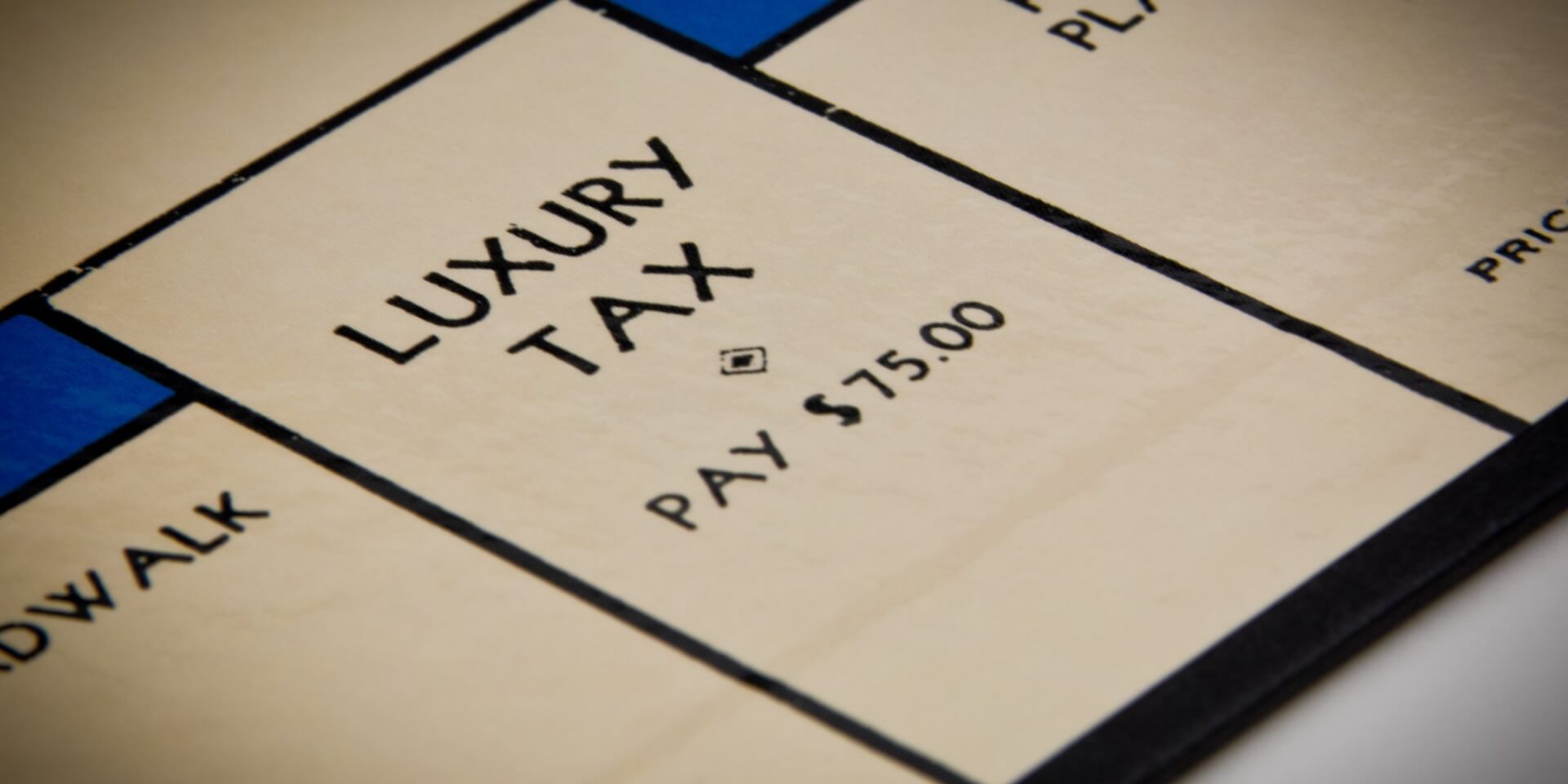
New York, 8 March 2024
On International Women’s Day, UN Women calls for the world to “Invest in Women, Accelerate Progress” as the best way to accelerate economic growth and build more prosperous, equitable societies.
This is particularly urgent when war and crisis are eroding the achievements of decades of investments in gender equality. From the Middle East to Haiti, Sudan, Myanmar, Ukraine, Afghanistan, and elsewhere, women pay the biggest price for conflicts that are not of their making. The need for peace has never been more urgent.
Climate change is accelerating persistent poverty gaps. As competition for scarce resources intensifies, livelihoods are threatened, societies become more polarized, and women bear an increasingly heavy burden:
We cannot continue to miss out on the gender-equality dividend. More than 100 million women and girls could be lifted out of poverty if governments prioritized education and family planning, fair and equal wages, and expanded social benefits.
Almost 300 million jobs could be created by 2035 through investments in care services, such as provision of daycare and elderly care. And closing gender employment gaps could boost gross domestic product per capita by 20 per cent across all regions.
The current reality is far from this. Programmes dedicated to gender equality represent only 4 per cent of official development assistance. An additional USD 360 billion in developing countries is needed per year to achieve gender equality and women’s empowerment. This is less than one fifth of the USD 2.2 trillion spent globally on military expenditure in 2022, for example.
The areas needing investment are clear and understood. First and foremost there must be an investment in peace. Beyond this, the investments needed include: laws and policies that advance the rights of women and girls; transformation of social norms that pose barriers to gender equality; guaranteeing women’s access to land, property, health care, education, and decent work; and financing women’s groups networks at all levels.
UN Women is also calling on Member States at the Commission on the Status of Women, starting in New York on 11 March 2024, to back up their commitments on gender equality with resources. The world’s leaders have this opportunity to develop concrete and progressive agreed conclusions that reflect the crucial need for financing gender equality, women’s empowerment, and women´s organizations. They must seize it for the sake of equality, our planet, and the Sustainable Development Goals.
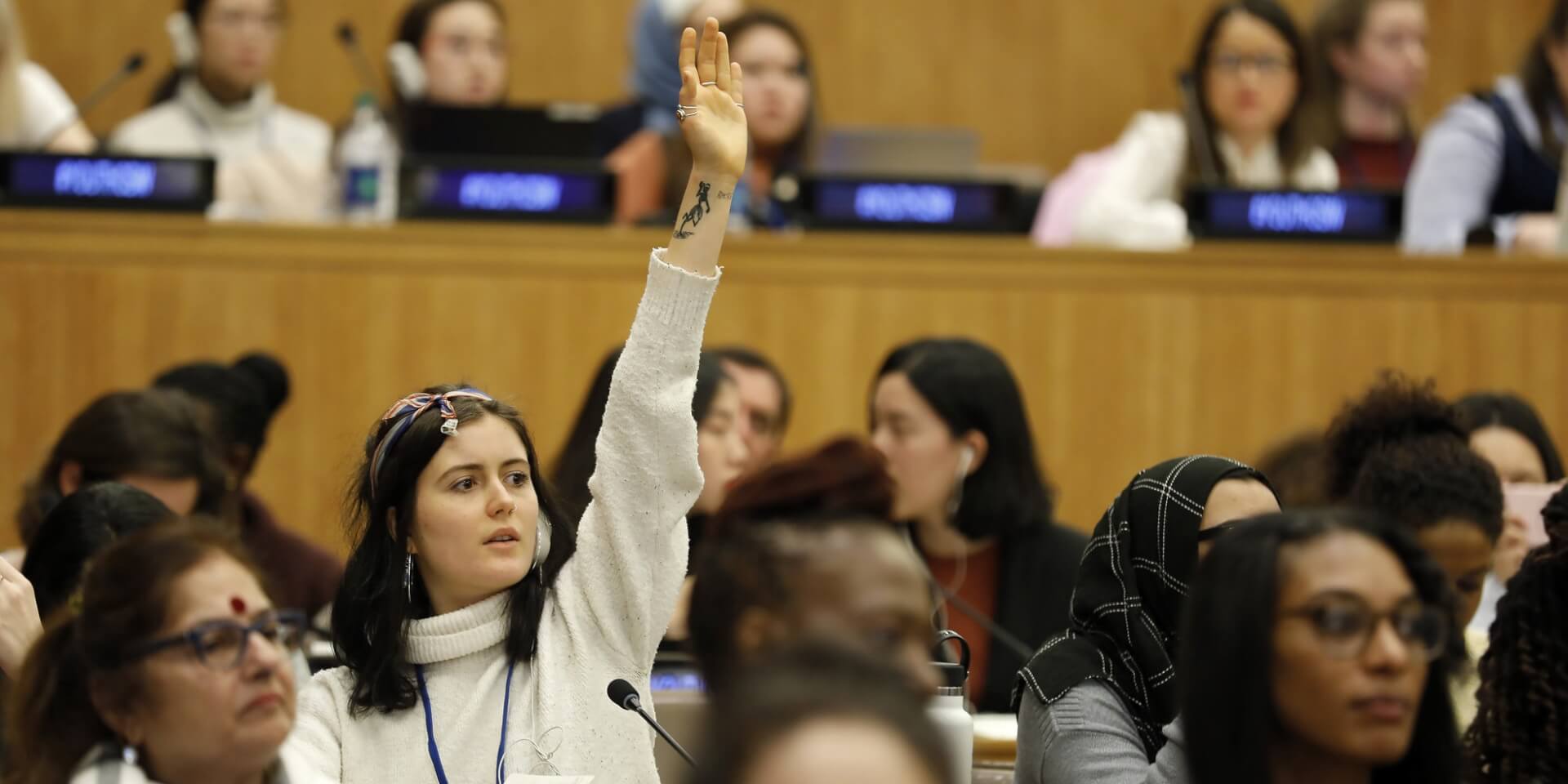
Standing Committee on Gender Equality in Science
In order to promote gender equality in science, a number of international organizations who took part in the project A Global Approach to the Gender Gap in Mathematical, Computing, and Natural Sciences: How to Measure It, How to Reduce It? wish to act together to further promote this goal by continuing and enlarging the work accomplished so far, in particular by supporting women and girls’ equal access to science education, fostering equal opportunity and treatment for females in their careers. For this purpose, they established a Standing Committee for Gender Equality in Science (SCGES) in September 2020.
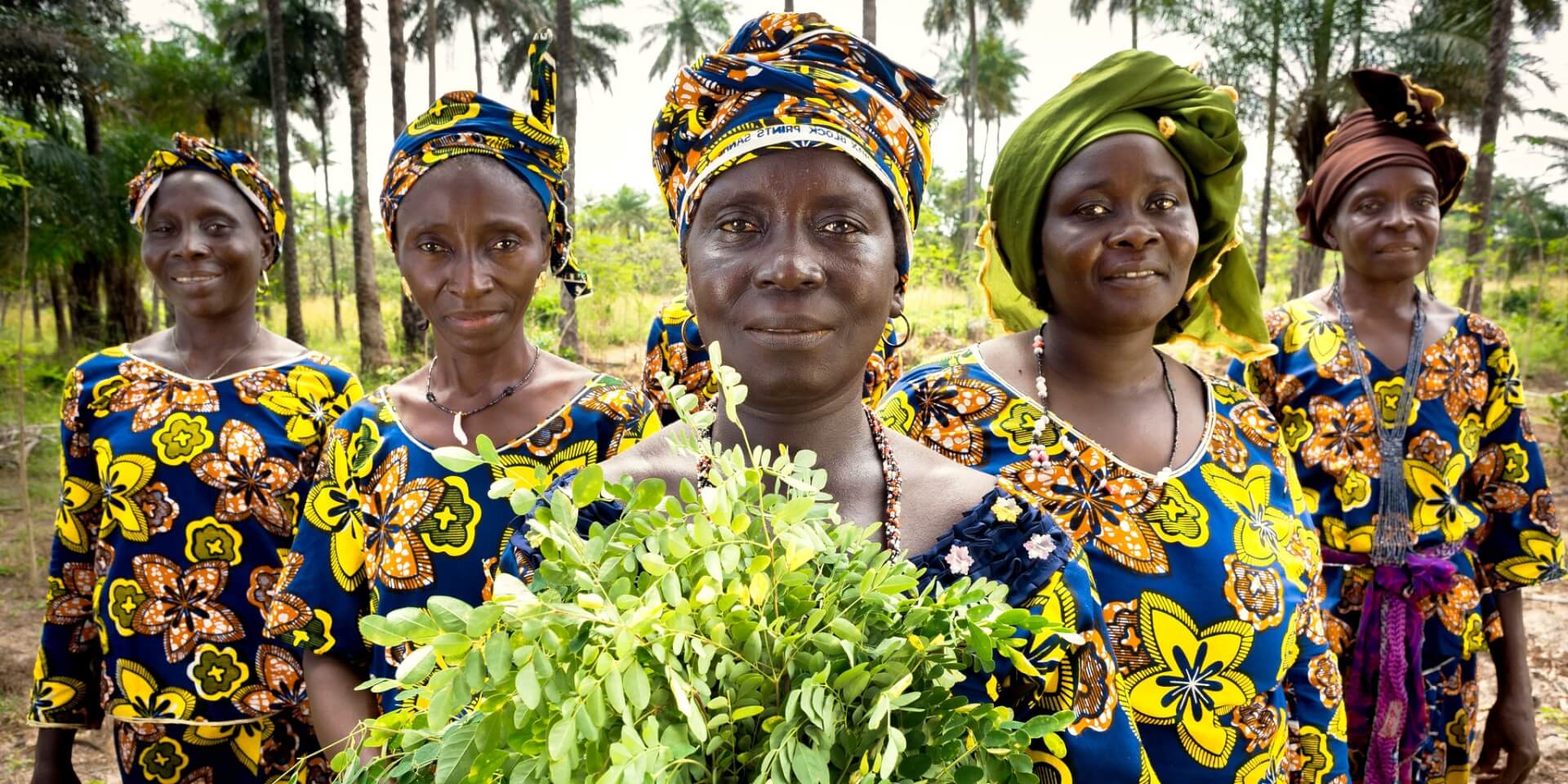
Closing the Gap, Boosting Ambition: Investing in Women is Key to Climate Action
Science shows that inclusive climate action increases resilience and produces better results, yet the financial support to address specific challenges and harness the contributions of half the world’s population – girls and women – in addressing the climate emergency falls woefully short. For International Women’s Day 2024, we examine how closing this gap will boost climate action.
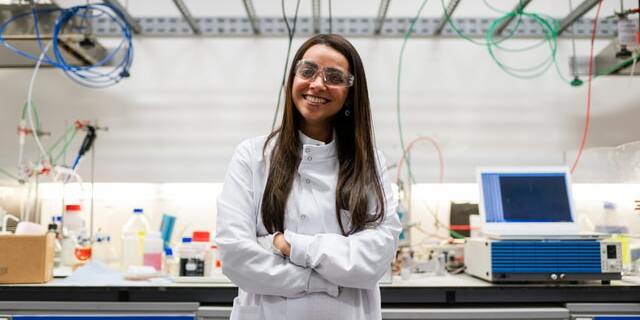
Organization of Women Scientists in the Developing World
The Organization for Women in Science for the Developing World (OWSD) is an international organization founded in 1987 and based at the offices of The World Academy of Sciences (TWAS), in Trieste, Italy. It is a programme unit of UNESCO.
OWSD is the first international forum to unite eminent women scientists from the developing and developed worlds with the objective of strengthening their role in the development process and promoting their representation in scientific and technological leadership. OWSD provides research training, career development and networking opportunities for women scientists throughout the developing world at different stages in their careers.
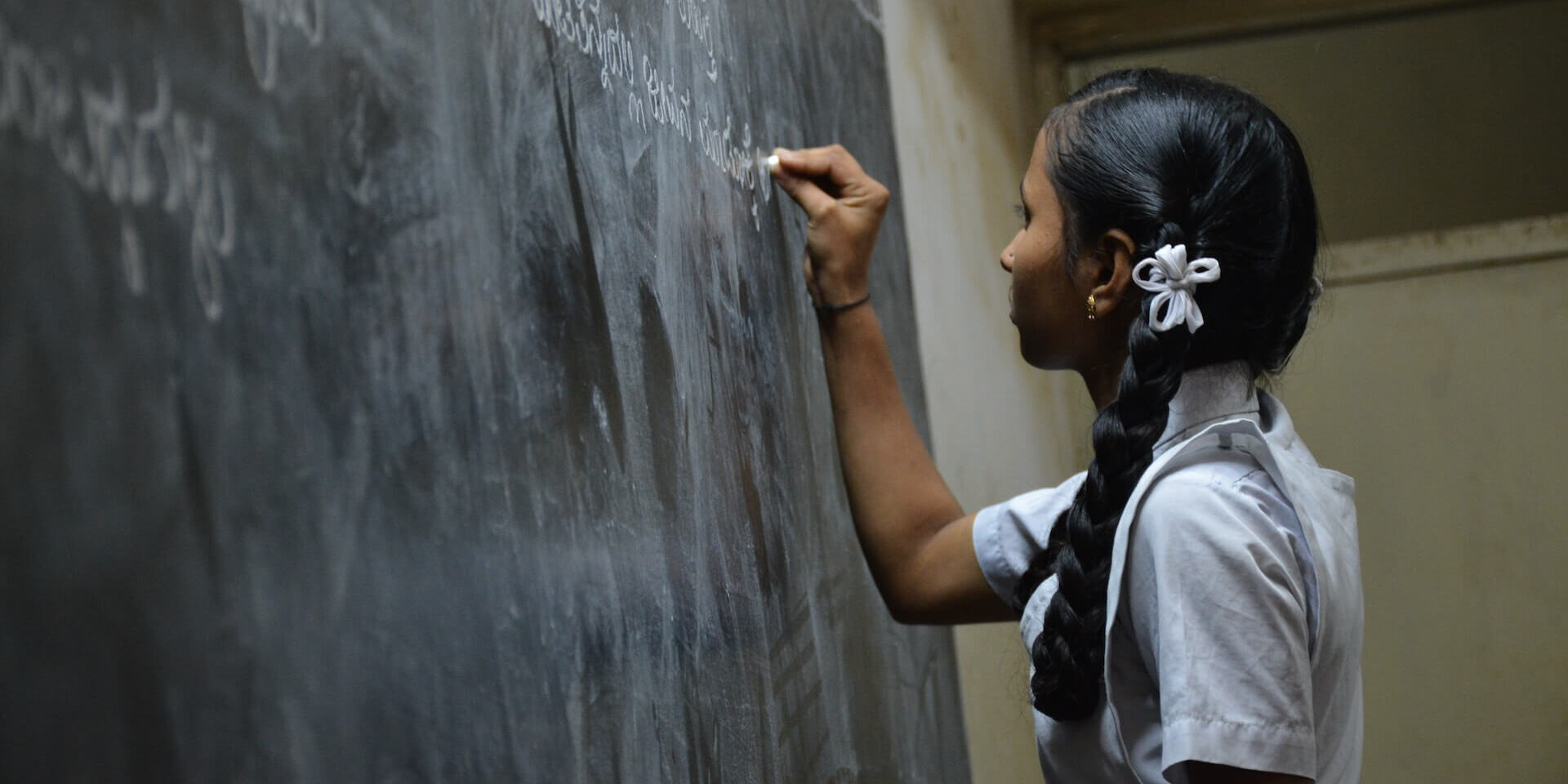
The GYA Women in Science Group conducted a survey in 2021 among GYA members on discrimination and harassment at their workplace, led by GYA member Jonas Radl (Universidad Carlos III de Madrid, Spain) and GYA alumna Shaheen Motala-Timol (Tertiary Education Commission, Mauritius). Prompted by the “Me too” movement, during the 2018 AGM in Thailand the GYA Women in Science Working Group began discussing plans to develop a survey about the harassment of women in academia. In the end, the questionnaire was directed not only at women but also men and non-binary members.
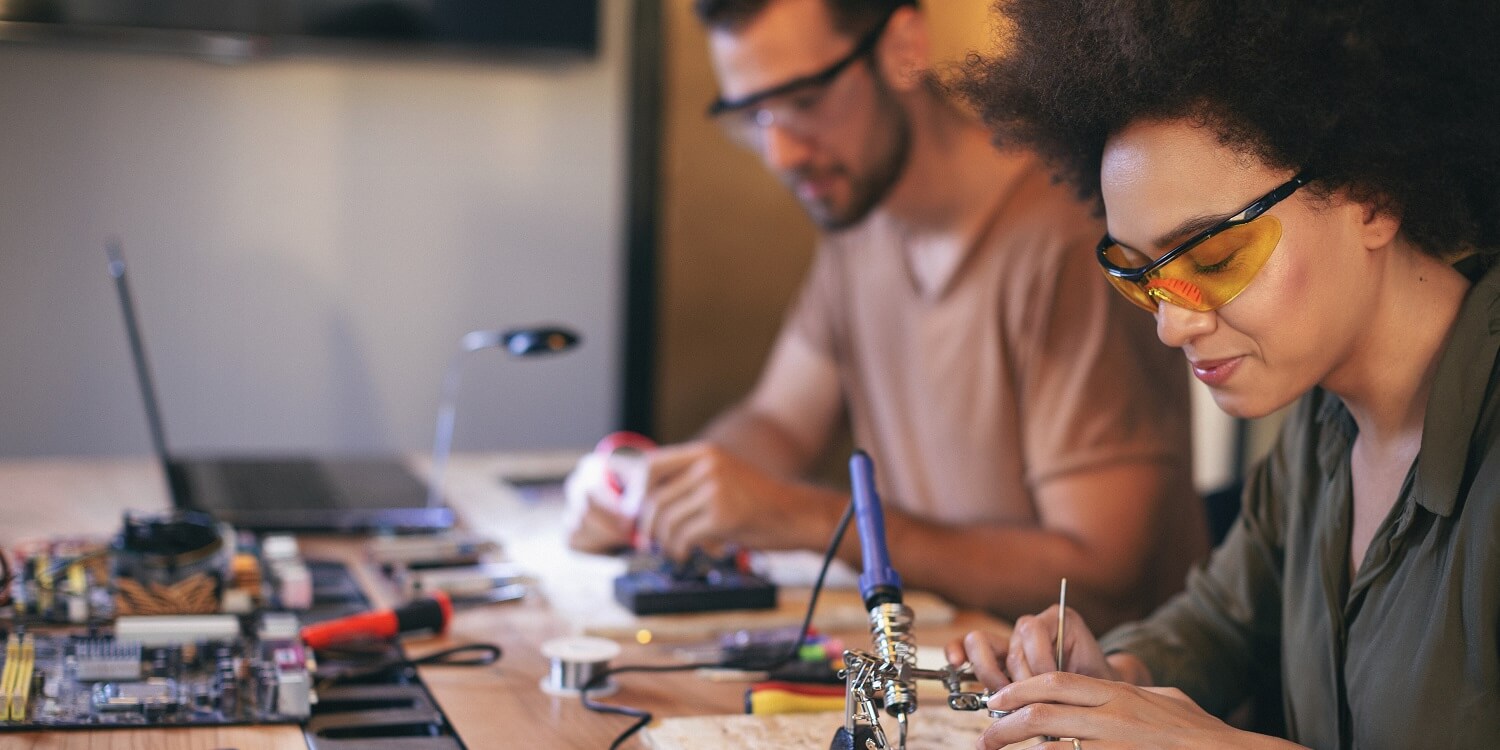
Inclusion and Participation of Women in Global Science Organizations. A study reporting on the inclusion and participation of women in more than 120 science organizations that are coordinated at a global level finds that women are still under-represented. It calls for the establishment of a coalition on gender equality in global science to ensure a transformative action agenda.
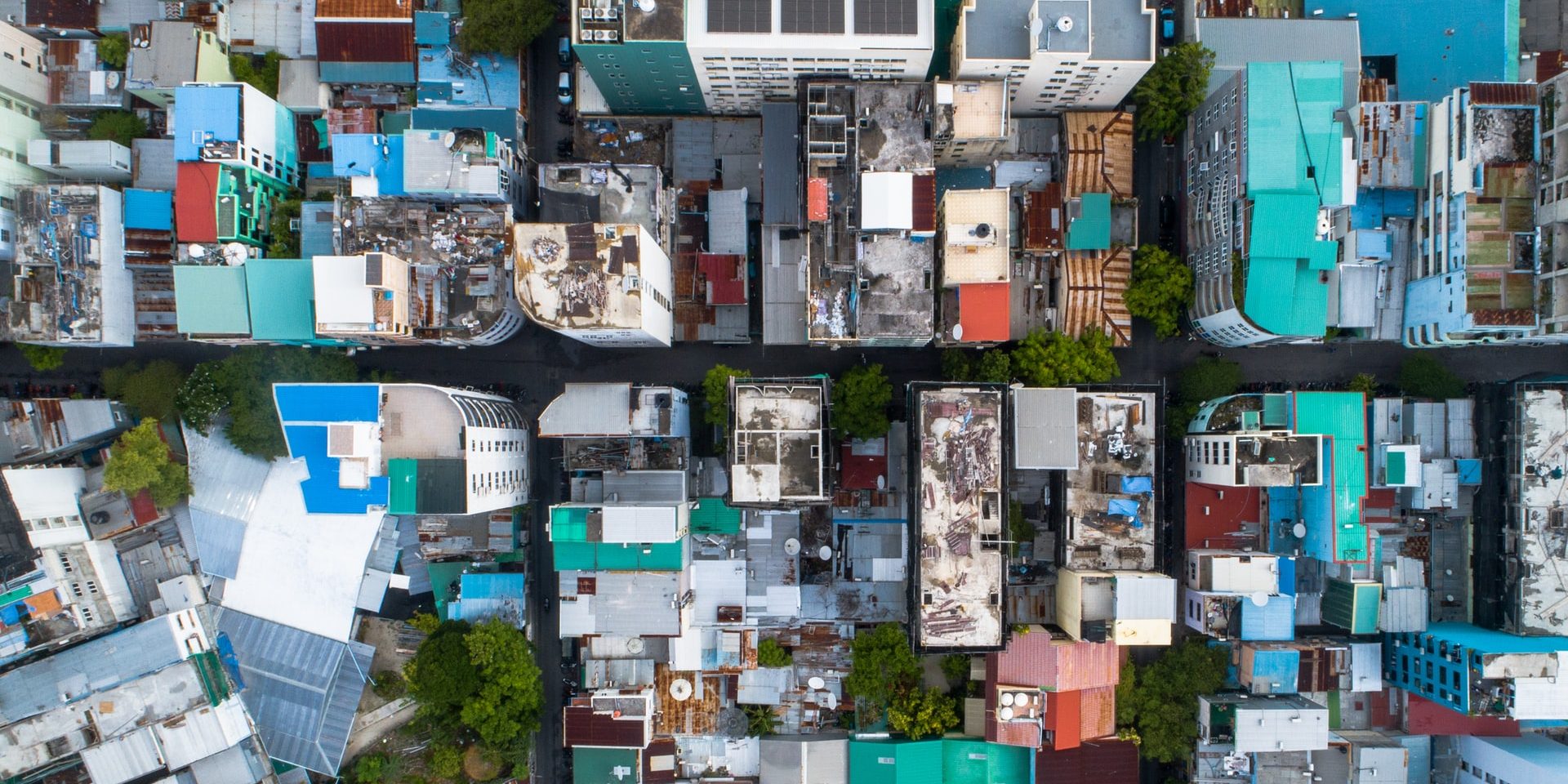
Global Research Programme on Inequality (GRIP)
The Global Research Programme on Inequality (GRIP) is an Affiliated Body of the ISC. It acts as a radically interdisciplinary research programme that views inequality as both a fundamental challenge to human well-being and as an impediment to achieving the ambitions of the 2030 Agenda.
Image by Ken Teegardin on Flickr